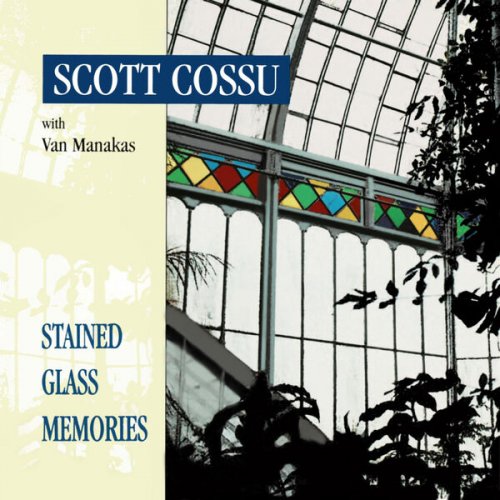Leipziger Streichquartett - Beethoven: Arrangements for String Quartet (2018)
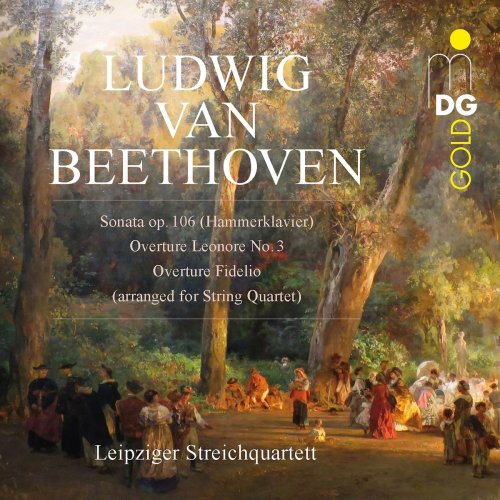
Artist: Leipziger Streichquartett
Title: Beethoven: Arrangements for String Quartet
Year Of Release: 2018
Label: Musikproduktion Dabringhaus und Grimm
Genre: Classical
Quality: FLAC (tracks)
Total Time: 64:53 min
Total Size: 288 MB
WebSite: Album Preview
Tracklist:Title: Beethoven: Arrangements for String Quartet
Year Of Release: 2018
Label: Musikproduktion Dabringhaus und Grimm
Genre: Classical
Quality: FLAC (tracks)
Total Time: 64:53 min
Total Size: 288 MB
WebSite: Album Preview
01. Große Sonate für das Hammerklavier in B-Flat Major, Op. 106: I. Allegro (Arr. for String Quartet by David Plylar)
02. Große Sonate für das Hammerklavier in B-Flat Major, Op. 106: II. Scherzo. Assai vivace (Arr. for String Quartet by David Plylar)
03. Große Sonate für das Hammerklavier in B-Flat Major, Op. 106: III. Adagio Sostenuto (Arr. for String Quartet by David Plylar)
04. Große Sonate für das Hammerklavier in B-Flat Major, Op. 106: IV. Largo - Allegro risoluto. Fuga a tre sogetti (Arr. for String Qua
05. Overture Leonore No. 3 op. 72 b (Arr. for String Quintet)
06. Overture Fidelio, Op. 72 c
Beethoven’s Piano Sonata op. 106, the “Hammerklavier Sonata,” is regarded as the most complex and demanding piece among the complex and demanding works from his late period. It was not until Franz Liszt, decades after Beethoven’s death, that a pianist was able to master this sonata’s madcap technical challenges. The version for string quartet prepared by David Plylar, a curator at the Library of Congress, was initially intended as a guide through the structural thicket of this gigantic opus. In this rendering by the Leipzig String Quartet, however, it also turns out to be an extremely revealing expansion of our musikal horizons.
The extended polyphonic passages quite naturally profit from the new opportunities offered by ensemble playing: the canon at the beginning of the development section in the first movement or the mighty fugue in the finale, which, by the way, very much transcends even the Great Fugue op. 133. Here interconnections hardly recognizable in Beethoven’s original suddenly come into view. On the first violin the many instances of chromatic embellishment in the middle of the extended adagio assume a sorrowful intensity that cannot be reproduced on the piano.
Beethoven calls for the use of all eighty-eight piano keys, which at the time was a sensational demand. The extreme registers are also represented in the quartet version. Only a top ensemble like the Leipzig String Quartet has the magic and mastery it takes to bring its gigantic leaps, flageolet chords, and intricate harmonic relations to the concert stage.
Two transcriptions by Beethoven’s contemporaries enrich the program. Along with the Gewandhaus violist Peter Michael Borck, the quartet members present Beethoven’s third attempt to write an overture for his opera Leonore. At the very latest when Borck reaches for the famous offstage trumpet, the last skeptic will become a firm believer in the quintet’s symphonic qualities. The considerably trimmer final version of the Fidelio overture impressively rounds off this extraordinary project.
The extended polyphonic passages quite naturally profit from the new opportunities offered by ensemble playing: the canon at the beginning of the development section in the first movement or the mighty fugue in the finale, which, by the way, very much transcends even the Great Fugue op. 133. Here interconnections hardly recognizable in Beethoven’s original suddenly come into view. On the first violin the many instances of chromatic embellishment in the middle of the extended adagio assume a sorrowful intensity that cannot be reproduced on the piano.
Beethoven calls for the use of all eighty-eight piano keys, which at the time was a sensational demand. The extreme registers are also represented in the quartet version. Only a top ensemble like the Leipzig String Quartet has the magic and mastery it takes to bring its gigantic leaps, flageolet chords, and intricate harmonic relations to the concert stage.
Two transcriptions by Beethoven’s contemporaries enrich the program. Along with the Gewandhaus violist Peter Michael Borck, the quartet members present Beethoven’s third attempt to write an overture for his opera Leonore. At the very latest when Borck reaches for the famous offstage trumpet, the last skeptic will become a firm believer in the quintet’s symphonic qualities. The considerably trimmer final version of the Fidelio overture impressively rounds off this extraordinary project.
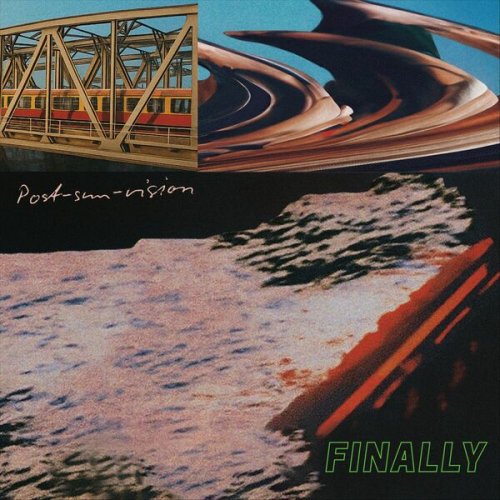

![Tomasz Stanko - Unit (Polish Radio Sessions vol. 2/6) (2025) [Hi-Res] Tomasz Stanko - Unit (Polish Radio Sessions vol. 2/6) (2025) [Hi-Res]](https://www.dibpic.com/uploads/posts/2025-12/1765796826_cover.jpg)
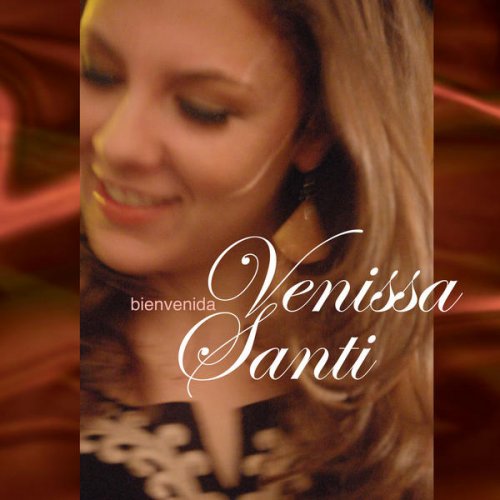


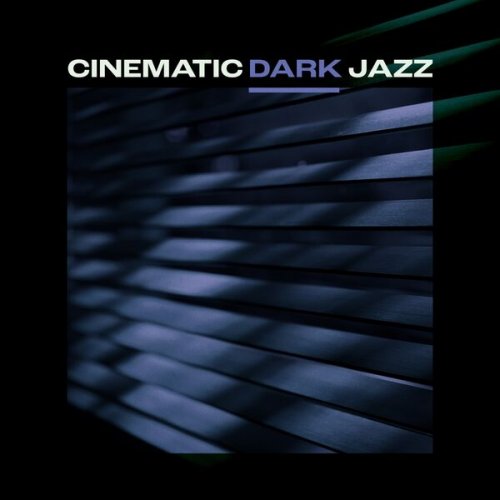
![Chewing, Dave Harrington, Ryan Hahn, Spencer Zahn - Quintet (Live in Los Angeles) (2025) [Hi-Res] Chewing, Dave Harrington, Ryan Hahn, Spencer Zahn - Quintet (Live in Los Angeles) (2025) [Hi-Res]](https://img.israbox.com/img/2025-12/12/owakjkfg0whflv2rzyocno89p.jpg)
